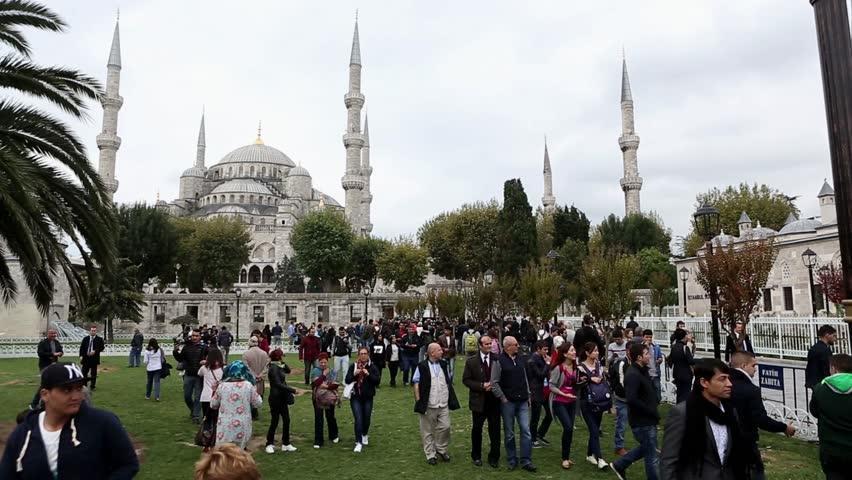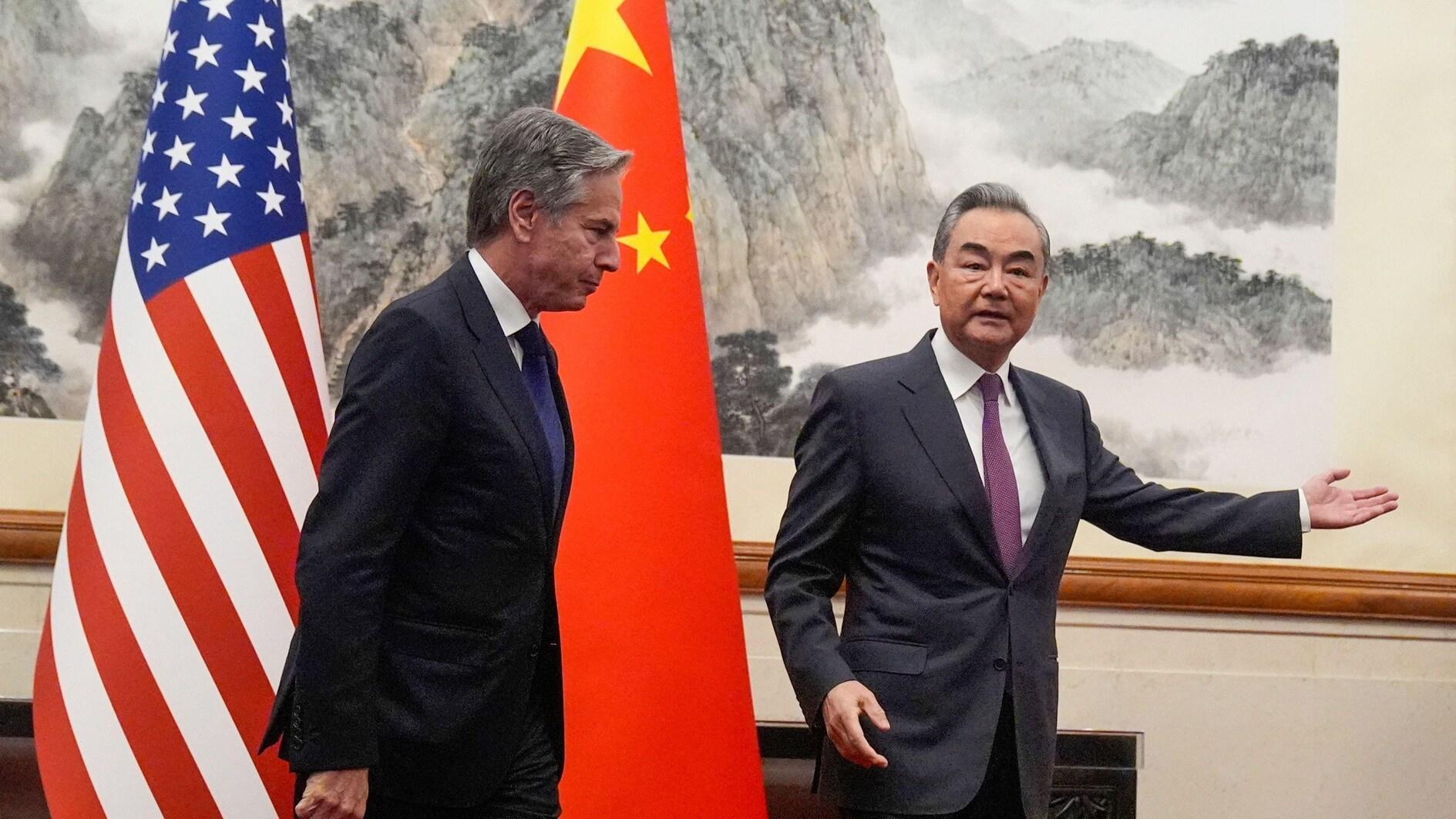Sharp rise in Dutch arrivals to Turkey despite diplomatic spat: Association
ISTANBUL

A nearly 20 percent increase in the number of Dutch tourists visiting Turkey is expected this year, despite diplomatic problems between the two countries, a sector association has announced.
In a statement on Feb. 16, the Hotels Association of Turkey (TÜROB) said the Turkish tourism sector started to enjoy normalization in the Dutch market as ad campaigns kicked off in the Netherlands.
While 906,000 Dutch people visited Turkey in 2016, this number declined to 799,000 last year by a 12 percent year-on-year decrease, according to a TÜROB statement.
The number of Dutch arrivals into Turkey saw a 2.7 percent year-on-year decrease in the mentioned period and recorded 253,000.
Dutch travelers are set to return to Turkey in 2018, TÜROB said, citing the recent estimates by Corendon, which is one of the leading tour operators based in the Netherlands.
Dutch people held a total of 17.9 million foreign trips in 2016, with France, Germany, Spain, Italy, Greece and Turkey being the top six destinations, according to the statement.
A top official from Corendon Tourism on Feb. 8 said the company saw an almost 100 percent year-on-year increase in summer bookings for Turkey, with a significant surge in demand from the Dutch and Belgian markets.
TÜROB also noted that the Netherlands was especially a key market for Turkey’s southern resorts, adding that Istanbul’s cultural and business tourism potentials could have not been efficiently used, however.
The association also recommended Turkish authorities to promote key Turkish destinations as a brand, including Istanbul, Cappadocia and Antalya.
According to the statement, the share of the Dutch market is 2.4 percent in the total arrivals into Turkey.
The number of Dutch arrivals to Turkey hit 1.3 million in 2013, but saw a gradual decline in the following years.
Relations between Turkey and the Netherlands soured ahead of a major referendum in Turkey on shifting to an executive presidential system when Dutch authorities canceled the flight permit of a plane carrying Foreign Minister Mevlüt Çavuşoğlu.
The Dutch government’s expulsion of Family and Social Policy Minister Fatma Betül Sayan Kaya from Rotterdam and blocking her from addressing the Turkish community in the Netherlands before the April 2017 referendum did not help improve the already blazing row.
The Dutch Foreign Ministry on Feb. 5 said it had formally withdrawn its ambassador to Turkey, who has been physically barred from the country for almost a year, over a dispute that began during March 2017.
The Netherlands may have withdrawn its ambassador to Turkey, but the 400-year-old ties “will be fixed one day,” Dutch Foreign Minister Halbe Zijlstra told Dutch lawmakers in The Hague on Feb. 7, amid the diplomatic crisis between the two countries.
















